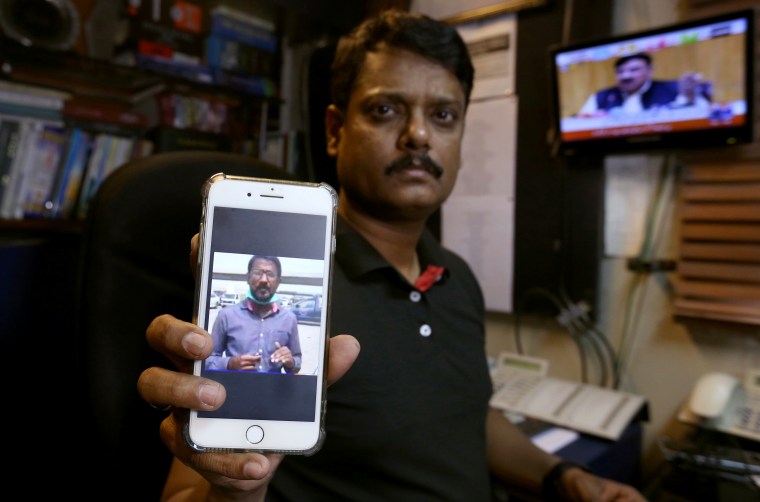On the evening of October 23, 2020, in Karachi, Pakistan, Geo News reporter Ali Imran Syed disappeared while he walking from his home to a nearby bakery, and was not seen until he reappeared physically unharmed at his mother’s home 22 hours later, according to news reports.
After he reappeared, the government formed a fact-finding committee to investigate the incident, headed by an official from the Federal Investigation Agency, according to Geo News.
In a statement Imran prepared for that committee, which CPJ reviewed, he wrote that an unidentified individual put their hands over his face and pushed him into a car. He described being blindfolded and moved frequently throughout his detention, and said he could not clearly remember the experience, speculating that he may have been drugged.
Imran wrote that his abductors questioned him about his professional affairs, but did not specify the exact nature of their questions.
Editors for Safety, an alliance of Pakistani media editors aimed at protecting journalists, said in a statement posted on Facebook that Imran “may have been forcibly taken away because of his work on recent political events in Karachi.” Earlier in the week of his disappearance, Imran had reported on the arrest of retired Captain Mohammad Safar, husband of opposition leader Maryam Nawaz.
In his statement, Imran questioned the impartiality of the fact-finding committee. The independent Human Rights Commission of Pakistan, the Pakistan Bar Council, and the Pakistan Federal Union of Journalists also questioned the committee’s impartiality, alleging that its members included personnel linked to previous abductions, according to news reports.
Those groups called for the formation of a judicial commission headed by a Supreme Court judge to investigate the incident, according to those reports.
In the statement, sent to CPJ on November 4, Imran wrote that his “mental condition is still not normal” following the abduction and that he recalled the incident with fear.
Pakistani security forces have a long record of abducting critical journalists, as CPJ has documented over the years.
CPJ messaged a Sindh province police spokesperson for comment, but did not receive any response.
